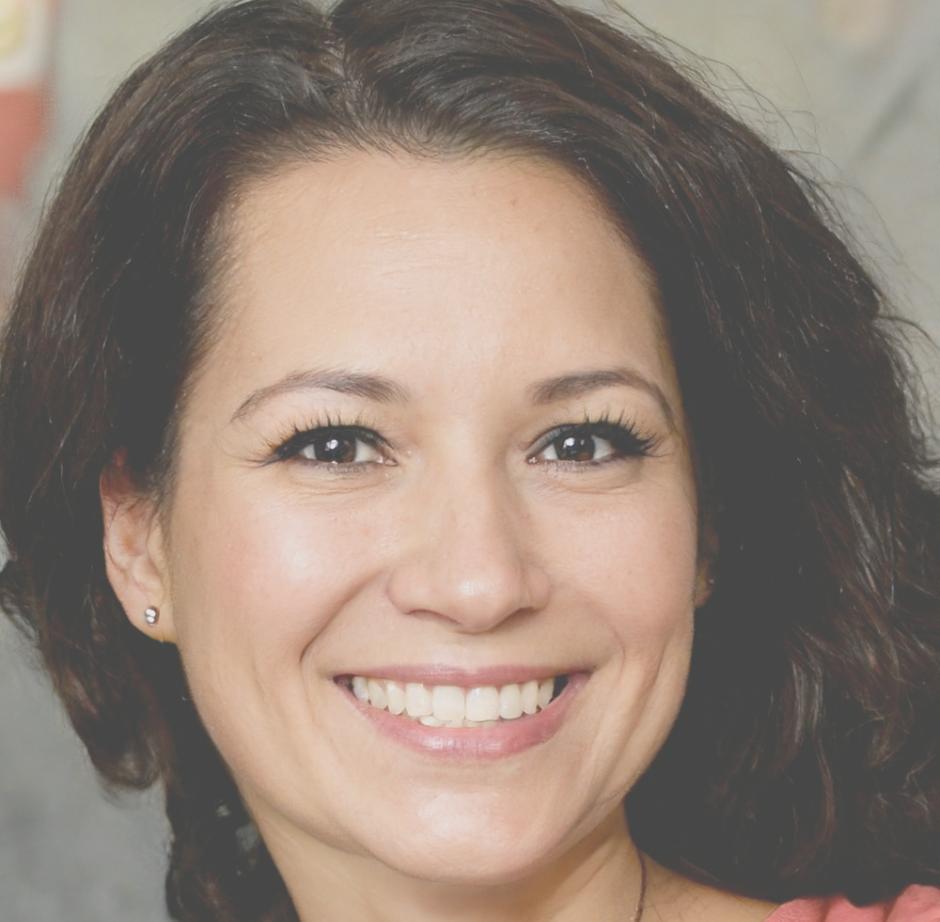Think Your Budget Surplus is Safe? Let's Talk Reality
Most finance folks celebrate when they see extra cash sitting around. But here's what nobody tells you—unmanaged surplus is often money slowly losing its potential. We work with businesses across Thailand to turn those sitting funds into strategic advantages without the usual finance jargon.
Explore Programs Starting Fall 2025
Three Approaches, One Goal
We've learned that everyone processes financial strategy differently. Some need step-by-step breakdowns. Others want real examples they can apply immediately. And a few just need someone to answer their specific questions without a sales pitch.
Structured Method
Weekly sessions over six months. You'll walk through surplus allocation frameworks, risk assessment models, and practical tools. Works well if you prefer building knowledge systematically.
Case-Based Learning
We examine actual scenarios from Thai businesses—retail operations, service companies, manufacturing setups. You see what worked, what didn't, and why certain decisions made sense in context.
Consultation Track
Bring your specific situation. We analyze your current surplus management, identify gaps, and develop strategies tailored to your business context. Less theory, more application.


Why 2025 Changes the Game
The financial landscape in Southeast Asia shifted noticeably over the past eighteen months. Interest rate fluctuations, new digital banking options, and changing investment regulations mean the surplus strategies that worked in 2023 need serious reconsideration.
We've been tracking these developments closely. Not just reading reports—actually talking to business owners dealing with these changes. The patterns are clear, but the solutions aren't one-size-fits-all.
What We're Watching in 2025
- Digital asset integration into traditional surplus portfolios
- Regional trade agreements affecting currency allocation strategies
- New tax implications for different types of business reserves
- Emerging short-term investment vehicles specific to Thai market
Real Situations, Real Lessons
Theory is useful. But nothing beats looking at actual decisions companies made and understanding why those choices produced specific outcomes. These aren't success stories—they're learning opportunities.

The Retail Chain Dilemma
A mid-sized retail operation had accumulated substantial reserves over three profitable years. Management wanted aggressive expansion. Finance team advocated conservative investment. We analyzed both approaches and helped develop a hybrid strategy that addressed immediate growth needs while maintaining financial stability.

Service Industry Pivot
A consulting firm facing seasonal revenue patterns struggled with surplus allocation during high-earning quarters. Standard advice suggested simple savings accounts. We explored alternative approaches including strategic reserve funds, calculated short-term investments, and operational buffer strategies tailored to their cash flow cycles.

Kieran Walsh
Finance Specialist, BangkokWhat stood out was the lack of pressure to commit immediately. They actually listened to our specific situation instead of pushing a standard program. The case studies matched our industry closely enough that we could apply concepts directly.

Suchada
Operations ConsultantI appreciated the honesty about limitations. They didn't promise overnight transformations or guaranteed returns. Instead, they focused on practical frameworks we could adapt as our business evolved. That realistic approach built more trust than any sales pitch could.